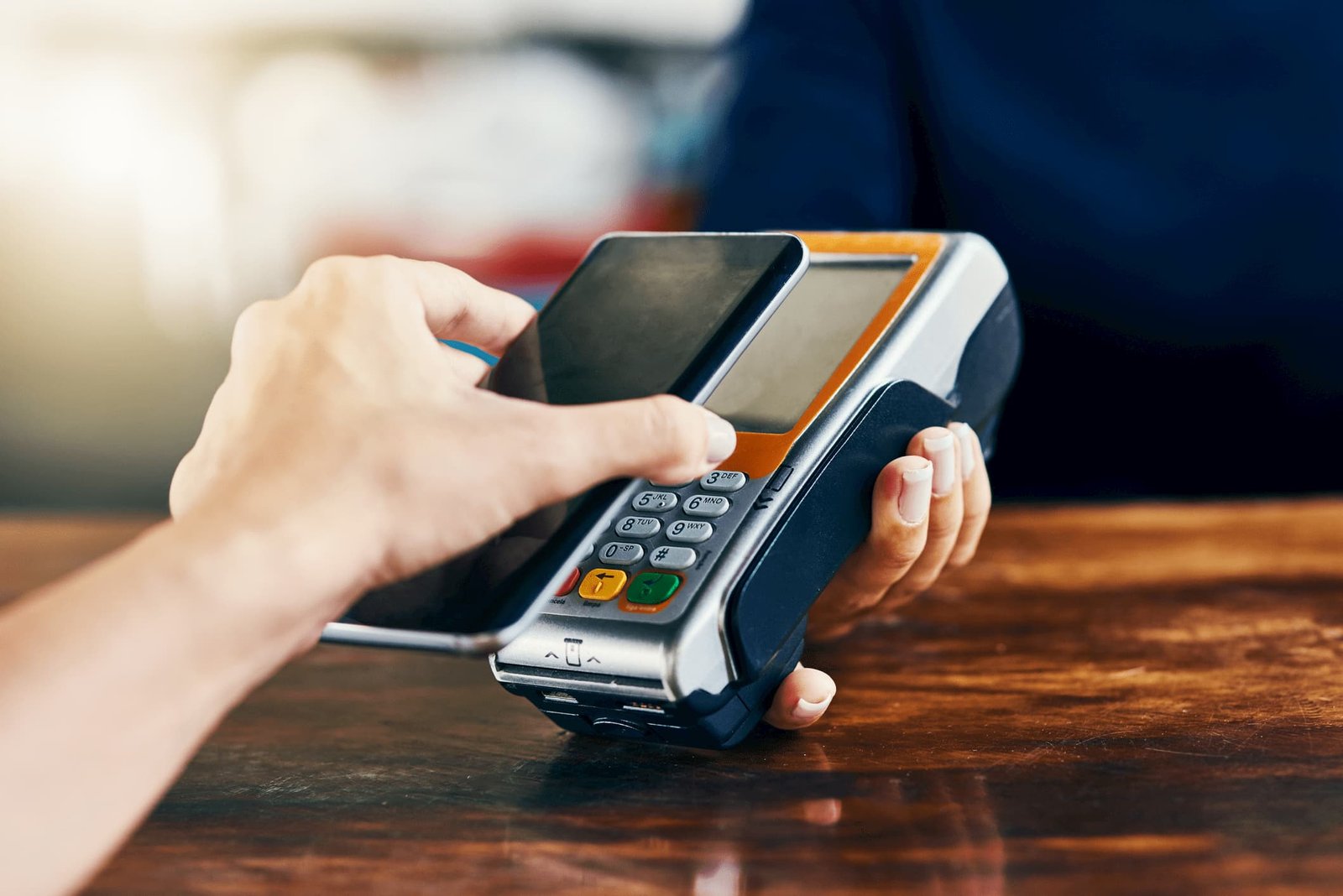The way we pay for goods and services has undergone a dramatic transformation over the last decade. Driven by rapid advancements in mobile technology and financial innovation, mobile payments and credit money are becoming the new norm in our daily lives. As smartphones become increasingly powerful and connected, they are not only communication tools but also wallets, banks, and financial advisors rolled into one. This blog explores how mobile payments and credit money are reshaping the global payment landscape.
What Are Mobile Payments?
Mobile payments refer to transactions made using a smartphone or mobile device. These payments can be completed through mobile wallets, banking apps, QR codes, NFC (near-field communication), or even SMS-based services. With just a few taps, users can pay bills, buy products, transfer money, and more — all without physical cash or cards.
Popular mobile payment platforms include:
Google Pay
Apple Pay
Samsung Pay
Paytm
PhonePe
Amazon Pay
What is Credit Money?
Credit money is a form of money that exists not as physical currency but as entries in digital banking systems. It is typically created when banks lend money, which borrowers promise to repay with interest. Common forms of credit money include:
Credit cards
Personal and business loans
Buy Now, Pay Later (BNPL) services
Digital credit lines and EMIs
Unlike cash, credit money enables users to make purchases based on the promise of future payment, offering more flexibility and financial power.
How Mobile Technology is Driving the Shift
Mobile technology plays a critical role in making both payments and credit services more accessible, faster, and convenient. Here are some of the ways technology is transforming the payment ecosystem:
Instant Payments
Mobile apps enable real-time payments, reducing the need for physical banks or long processing times.Secure Transactions
Biometric authentication, tokenization, and encryption make mobile payments highly secure and trustworthy.Integration with Credit Services
Many apps now offer credit cards, BNPL, and personal loans directly within their platforms.Financial Inclusion
Even individuals without traditional bank accounts can access financial services via mobile money solutions, especially in developing countries.Smart Financial Management
Mobile apps provide users with spending analytics, credit tracking, reminders, and budgeting tools.
Credit Money and Mobile Payments: A Perfect Pair
Credit money and mobile payments complement each other in powerful ways. By embedding credit features into mobile apps, users can make purchases even when they don’t have enough funds in their bank accounts. Whether through a credit card linked to a mobile wallet or a BNPL option at checkout, technology is making credit easier to access and use responsibly.
This combination is especially beneficial for:
Emergency purchases
Managing large payments through EMIs
Accessing limited-time offers or discounts
Building a credit history without visiting a bank
Benefits of the Mobile and Credit Revolution
Convenience: No need to carry physical wallets or visit banks.
Speed: Instant processing of payments and loan approvals.
Accessibility: Broader access to financial tools across urban and rural areas.
Rewards and Offers: Many platforms offer cashback, points, and discounts.
Improved Recordkeeping: Automatic transaction histories make it easier to track and manage finances.
Challenges and Considerations
While the shift toward mobile and credit-based payments brings many advantages, there are also some challenges:
Cybersecurity risks: As mobile transactions increase, so does the risk of digital fraud and data breaches.
Over-reliance on credit: Easy access to credit may lead to overspending or debt accumulation if not managed carefully.
Technology barriers: Not everyone has access to smartphones or high-speed internet, especially in remote areas.
Digital literacy: Users must understand how to safely navigate mobile financial platforms.
Looking Ahead: The Future of Payments
The payment ecosystem is expected to become even more digital, intelligent, and inclusive in the coming years. Artificial Intelligence (AI), blockchain, and 5G connectivity will likely make mobile and credit-based financial systems faster and smarter. Financial institutions are already exploring embedded finance solutions that offer credit, insurance, and investments directly through mobile interfaces.
Conclusion
Mobile payments and credit money are more than just convenient tools — they represent a fundamental shift in how we engage with money. This transformation is empowering individuals, simplifying commerce, and driving financial inclusion. As long as technology continues to evolve, the way we pay will keep getting faster, safer, and more efficient. Embracing these changes wisely will allow consumers to take full advantage of the digital financial future.







